
The European Union's decision to slap punitive duties on some types of steel from Chinese manufacturers is groundless, a senior official of the China Iron and Steel Association (CISA) said Thursday, urging "fair and reasonable" steel trade between the two sides.
"The EU's duty decision was made on the grounds that the Chinese government subsidizes domestic steel mills. But actually Chinese steel makers have been filing complaints with the government, as they have been burdened with (excessive) taxes and fees," Zhang Changfu, vice president and secretary-general of the CISA, said Thursday at a press conference in Beijing.
A majority of the EU's 27 member states voted Wednesday for an imposition of punitive duties on Chinese organic coated steel, according to Reuters.
The subsidy duties will be up to 45.5 percent of the steel product price when entering the EU market, which together with dumping duties will add up to a combined punitive rate of 58.3 percent, Reuters reported. If the decision is finalized, the duties will be effective by mid-March, and will last for the next five years.
China's Ministry of Commerce Spokesman Shen Danyang said in a press conference in the middle of January that the EU's anti-dumping and anti-subsidy probes into China's steel makers were "unreasonable".
The ministry has yet to respond since the EU's decision.
"Dialogue and negotiation should be used to handle trade disputes in a fair and reasonable fashion, rather than waging trade wars," said Zhang.
The CISA also announced profit data for China's major steel mills in 2012. Total profits at the 80 largest steel makers, which account for over 80 percent of the country's steel output, reached 1.58 billion yuan ($254.07 million) for the whole year, a slump of 98.22 percent from the previous year, according to the industry association.
Despite the falling profits, steel makers still faced a heavy tax burden last year, Qu Xiuli, deputy secretary-general of the CISA, told reporters at the press conference. Local governments have struggled to meet their fiscal revenue goals amid the economic slowdown, and they continued to impose hefty fees on steel mills, which are traditionally among the top tax contributors, Qu noted.

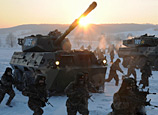
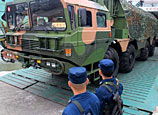

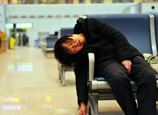
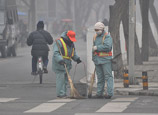

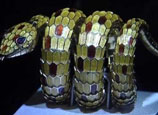

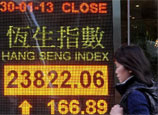









![]()
